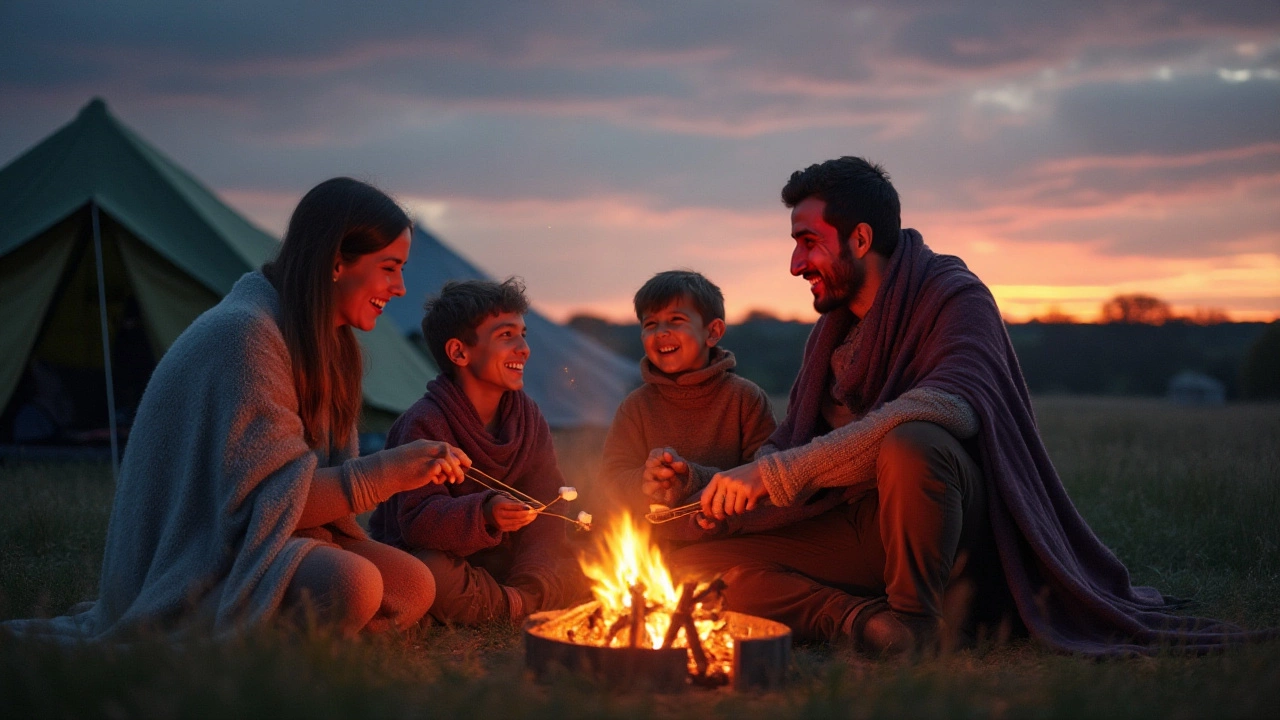Camping Disadvantages: The Real Issues You Might Run Into
Thinking about a night under the stars? Before you grab the tent, it helps to know what can go wrong. Camping isn’t all sunsets and marshmallows; there are genuine drawbacks that can turn a fun getaway into a stressful ordeal.
Common Drawbacks of Traditional Camping
1. Weather surprises. One minute it’s sunny, the next you’re drenched by a sudden downpour. Even a light drizzle can soak your gear, make the ground slick, and ruin sleep. If you’re not prepared with a waterproof tarp, quick‑dry clothing, and a solid rainfly, the experience can become miserable fast.
2. Limited comfort. Sleeping on a thin sleeping pad on hard ground isn’t the same as a proper mattress. Backaches, cold feet, and cramped space are common complaints. Add a chilly night and you’ll be reaching for extra blankets, which adds bulk to your pack.
3. Hygiene hassles. Camping sites often have shared shower facilities, and some don’t have them at all. Trying to stay clean with limited water can feel gross, especially after a sweaty day of hiking. Portable toilets help, but they need careful disposal and regular cleaning.
4. Safety concerns. Wildlife encounters, sticky insects, and the risk of getting lost are real. Even well‑marked sites can have hidden hazards like uneven terrain or low‑lying branches that can cause trips or injuries.
5. Cost hidden fees. While campsites seem cheaper than hotels, you’ll often pay for electricity hookups, firewood, and dump‑station fees. Those extras can add up, especially at popular spots during peak season.
How to Mitigate the Downsides
Knowing the pitfalls is only half the battle. Here are quick fixes that keep your trip enjoyable.
Plan for weather. Check the forecast a day before you leave and pack a reliable rain cover, waterproof boots, and a quick‑dry change of clothes. A small, packable tarp can create a dry shelter even if your main tent fails.
Upgrade your sleep system. An inflatable sleeping pad adds insulation and comfort without much weight. Pair it with a camping pillow and a warm sleeping bag rated for the lowest temperature you expect.
Bring portable hygiene. A solar shower bag or a simple camp‑friendly sponge can make you feel fresh. Pack biodegradable soap and a collapsible bucket for easy washing.
Prioritise safety. Carry a basic first‑aid kit, a headlamp with extra batteries, and a map or GPS device. Store food securely in sealed containers to keep critters away.
Budget for extras. Look up campsite fees in advance. Some sites offer free electricity if you bring a small solar panel; others charge for firewood, so bring your own responsibly if allowed.
At the end of the day, camping can still be a fantastic way to explore nature, but being realistic about the downsides helps you avoid disappointment. A little extra prep goes a long way toward turning a rough night into a story you’ll actually want to tell.
Exploring the Drawbacks of Family Campsites: A Practical Guide
Camping with family can be a memorable adventure, but it's not without its challenges. From the lack of modern conveniences to unpredictable weather, several factors can dampen the experience. Understanding these disadvantages can help in better preparation and setting realistic expectations. This article explores common campsite issues and offers tips to enhance your family camping journey.
